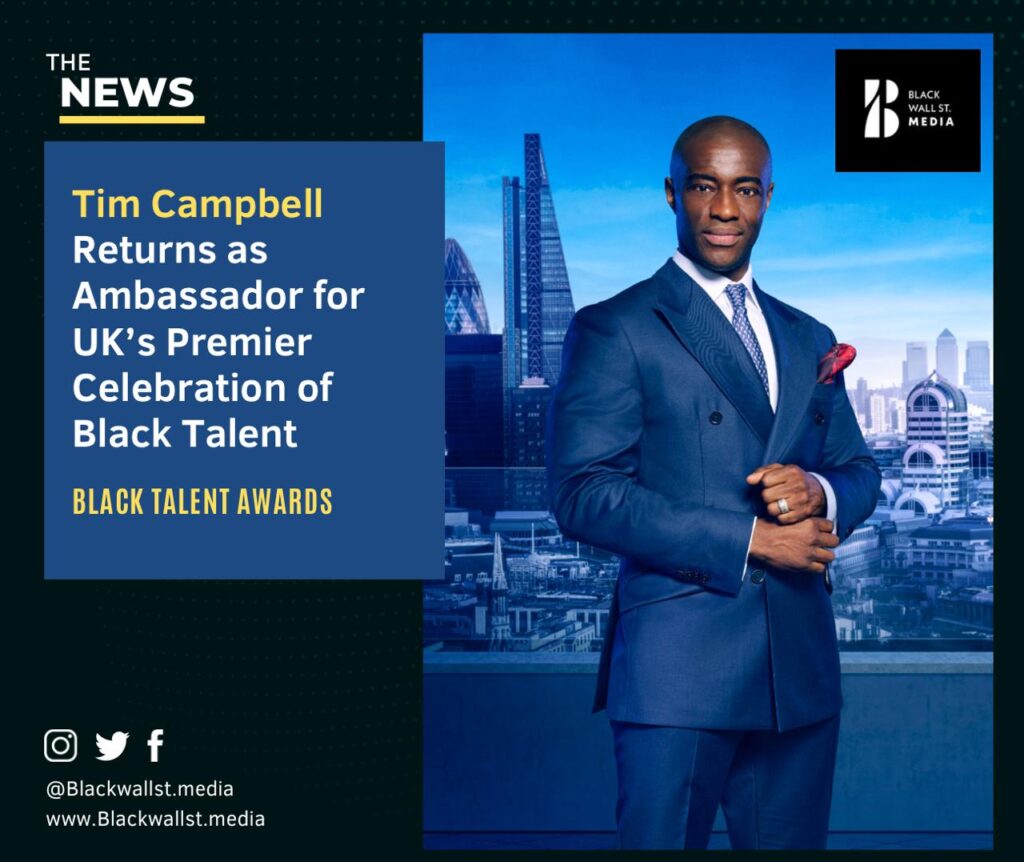Brigette Hyacinth
In every aspect of our lives we depend on the integrity of others, and others do the same with us. That’s why it’s such a big deal when we discover someone we trust hasn’t been truthful or hasn’t been playing by the rules.
Although integrity is one of the most essential and admired leadership traits, in today’s world it seems to be lacking. What you see in leaders is not often what you get.
Here are 7 masks some leaders wear:

1. Orator (The Two Face mask) – Double tongued are they. They can sound so persuasive and so sincere. Fervent lips which sound so eloquent can hide true character.
Behind the dazzling mask lies their real intentions of deception. Erroneous communications are a big cause of lack of perceived trustworthiness in bosses. Politicians are notorious and highly populate this category. However, their actions always expose them. We don’t take them at face value because we don’t know which face they have on.

2. Advocate (The 3 Musketeers mask)- “One for all and one for one.”
They are all for me, myself and I. The love of power is their main motivator. They outwardly proclaim they are people focused, and their priority is with the team but behind closed doors they are self- seeking.
Therefore when the opportunity is presented to prove it they cannot. They will do anything to make themselves look good, or maintain their status quo even at the expense of the team.

3. Philanthropist (The Robin Hood mask) – They give with the right hand but secretly take back with the left hand. Under this disguise these type of leaders give openly so others can think highly of them. If there was no fanfare they would not support charitable initiatives.
Former Tyco International Ltd. Chairman Dennis Kozlowski improperly used company funds to promote himself as a generous benefactor.
He committed more than $100 million of the conglomerate’s money to good causes however, his own foundation gave little to charity.
He was accused of stealing $134 million from the company and served 8 years in prison.
4. Obdurate (The Iron Man mask) – They scarcely show their true feelings or human side. They think they need to have this public tough image. Marissa Mayer, former CEO of Yahoo came across as cold and disconnected to her employees. Her policies (maternity leave and long-term telecommuting) caused outrage. Adopting this persona alienates and pushes people away. By not showing any vulnerability, such leaders do not develop deep meaningful connections or build relationships with their team.
5. Meek (The Mister Fantastic mask) – They appear so humble and act down to earth when in fact they have an entitlement and superiority complex. However, their true colors are revealed in unguarded moments. I remember once working late and overhearing a manager speaking with a supervisor. He didn’t realize I was there and openly spoke to her. As I sat there I couldn’t believe that this is the person I thought I knew. When he came out of his office and saw me by my desk, he seemed really disoriented and shocked and asked if I had overheard him. Well, my whole perception of him changed from that day.

6. Proficient – (The Phantom of the Opera mask) – Some leaders conceal imperfections in favor of a polished image. The demands or expectations that society creates leaves them feeling mediocre and inadequate. They are uncomfortable in their own skin so they try to measure up and may even employ unethical methods to fit in. Lying on his resume cost former Bausch & Lomb CEO Ronald Zarrella $1.1 million in bonus after it was revealed he did not have an MBA as recorded. Company officials declined to accept his resignation. He remained in his role for another six years before retiring in 2008. Ironically, he probably didn’t need that degree. His prior job experiences were almost certainly enough. Still, like so many people, he seemed to have yearned for a status symbol.
7. Conformist – (The Shape-Shifter mask) – In this case, top management puts pressure on these types of managers to change their principles. Their style may not fit in with the changing culture. There is a shift between their preferred style of behavior and what the company wants. They play it safe to preserve their position and privileges. They just follow orders and exude no loyalty to employees. It’s demotivating working for a manager who does not stand up for their team. If you make a mistake they quickly turn into judge, jury and executioner. It’s hard to feel passion for a job when you experience this.
In the era of social media, where leaders’ personal and professional lives are often transparently intertwined, the mask eventually becomes apparent. Trust once lost is often hard to regain. Integrity requires humble introspection. It requires you do what is right – not what is easy. Our actions must mirror our words in all facets of life. It all starts with keeping your word, making fair decisions, communicating honestly, taking responsibility, treating others with dignity and respect and giving credit where it’s due. There are many things you can lack and still steer clear of danger. Integrity isn’t one of them. If you don’t have integrity, people will not trust, believe or follow you. If you don’t have integrity, you have nothing.








